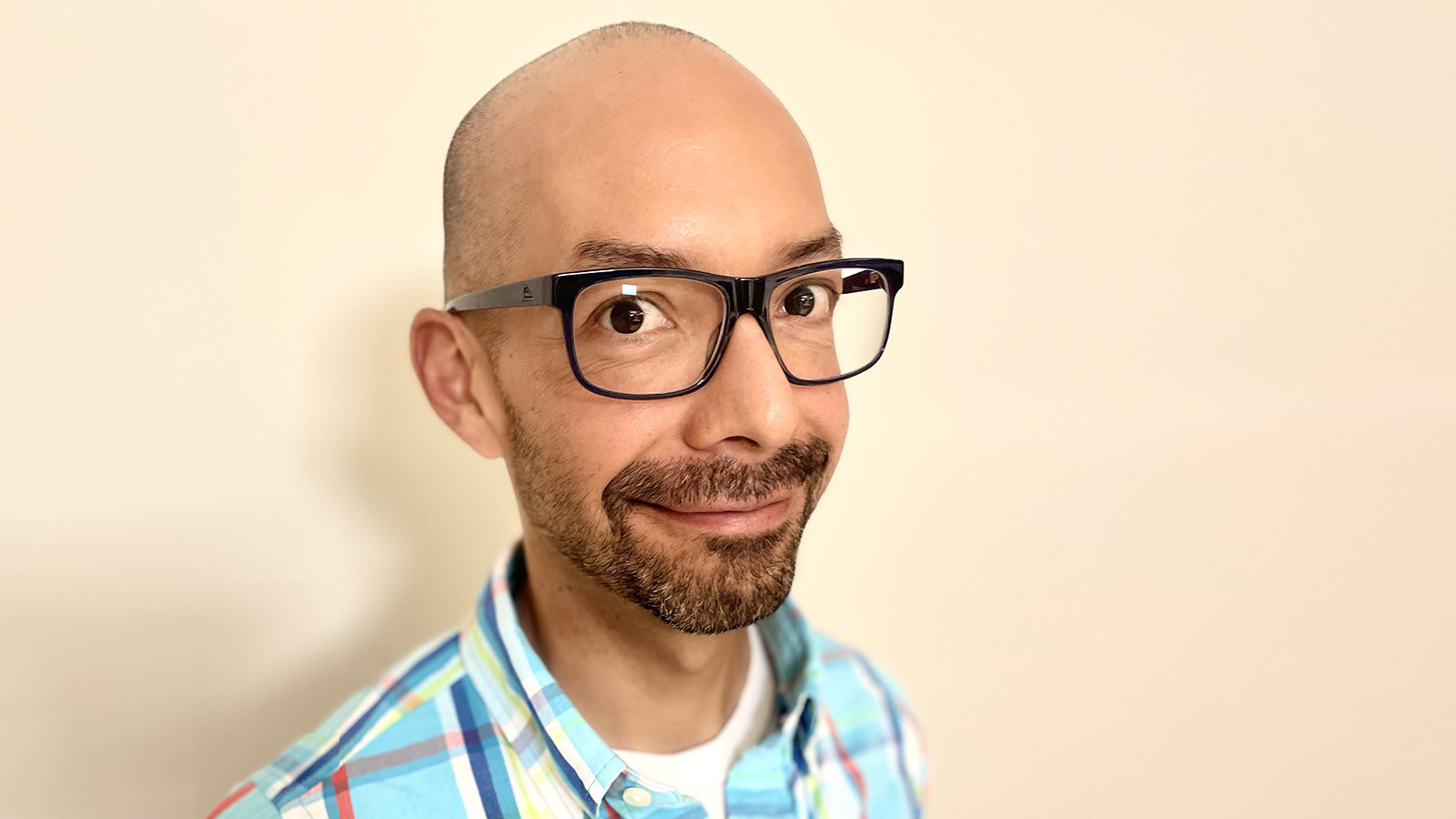“We want to develop digital solutions that work for people”

How can research help solve real-life problems? Mobility programmes give researchers the opportunity to find out. Working closely with Scania, Erik Flores-García aims for better understanding of trends, challenges, and opportunities within automotive logistics.
“Mobility programmes are an excellent way to meet people and listen to their concerns, identify critical needs and generate impactful results,” says Erik Flores-García who is heading to Scania Smart Factory Lab to be a guest researcher.
At Scania, he will help figure out what future logistics are needed to efficiently build both traditional and electric vehicles using shared resources.
“This is a critical concern for the automotive industry and its suppliers who need to adapt and recover from changes faster than before. For example, companies face shorter life-cycles for cars and trucks, more products, and totally different technologies powering these vehicles,” says Erik.
Together with Scania, Erik will study how to improve the delivery of parts from warehouses to assembly using digital solutions.
“Our goal is to develop new and innovative ways of producing traditional and electric vehicles under the same roof in existing factories. This is important for achieving net-zero goals, reducing costs, gaining a competitive edge and maintaining manufacturing in Sweden,” he says.
The Production Logistics Lab at the Department of Production Engineering will serve as the cornerstone of the project. In it, the team will study how digitalisation can be used as a tool for making logistics more sustainable for people, the environment, and business.
”Our infrastructure helps us capture problems from real-life and incubate solutions that we can later pass on to factories for their development,” says Erik.
Read more about the personal mobility programme at KTH: www.kth.se/en/samverkan/partnerskap/personrorlighet/personrorlighet-1.341481
Text: Alexandra von Kern
